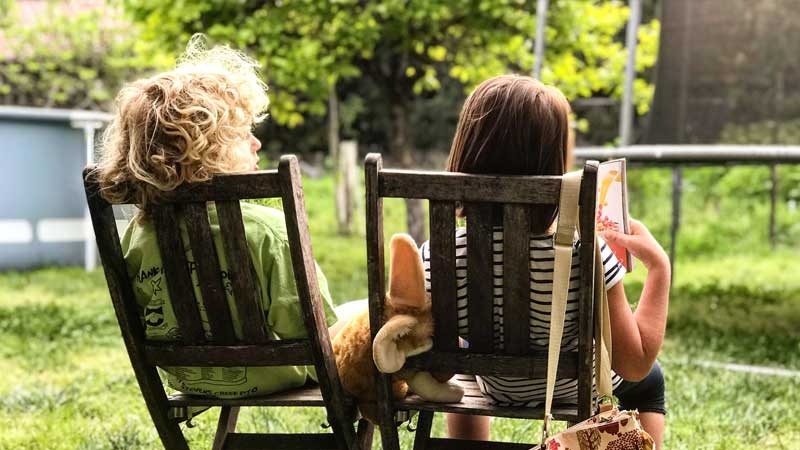
05 Apr Help our child who has autism he won’t stop pinching or hitting!
There is not a child alive that has not at one stage or another acted out. Some bite, some throw tantrums, they will scream and kick and perform and it is all associated with normal childhood development. It is OK. They kind of have to do it during their “growing up” years.
Behaviour in autism is however very different – many autistic children have challenging behaviours that puts them self at risk, puts others at risk or they do things that can make situations harder to manage.
Whilst some children on the spectrum as easy-going and rarely act out – others have intense behaviours that are frequent and that put a huge strain on families.
A few common examples of these are screaming, yelling, hitting, biting, scratching, kicking, head-butting, throwing objects, pulling hair, spitting or slapping. Self-injury is also not uncommon in children with autism spectrum disorder.
As parents our biggest challenge is managing the behaviour. That question of: “how to deal with a range of behaviour challenges” is a very real one. At times it will feel like you have just gotten a handle on one behaviour and your child will develop a new one that is far more “aggressive” and/or “intense”. So what do you do?
How do we help our child who has autism overcome these behaviours?
- Establish the possible cause of the behaviour – because I can promise you there is one. It may be sleep deprivation, hunger, sensory, anxiety or a whole host of other issues. Keeping a behaviour diary will help with this.
- Make sure your child gets enough sleep – research has shown that as much as half of children with autism have moderate to severe sleep disturbances. A consultation with your doctor may be necessary.
- Know the difference between a tantrum and a meltdown. A meltdown may be caused by sensory stimulation and a tantrum is an emotional outburst that may occur out of frustration to get a desired object or reaction. If you know the difference you can help your child. If you – yourself overreact to the situation it will soon escalate.
- Plan outings – if a set of noise-cancelling headphones will help in a mall then invest in a pair. By considering the environment you are entering you can establish if possible triggers exist and be prepared for them.
- Don’t ignore your child anxiety – particularly during times of change. You need to address these anxieties before the change occurs and you need to talk the child through what to expect. Visual stories can be extremely helpful in these instances.
- For children that are over sensitivity to change or that have transitioning difficulties it is advised to introduce a visual schedule of some sort. This can be done on your iPhone or on a tablet but it can also be pictures on a lanyard around your neck (PECS).
- Don’t stop the child from stimming – for many autistic children stimming is necessary. It is a coping mechanism they have to regulate sensory input and output and it makes them feel better. If you block the “stim” they cannot regulate and an outburst of behaviour is imminent.
- Just like all of us our children get hungry and thirsty but many of them can’t vocalize their need to eat so they act out. Behaviour, pinching, hitting, biting can escalate when the child is hungry or event thirsty. Many children with autism use behaviour as a form of communication and if you keep the behaviour dairy you will be able to pick up what behaviours are most common during what times of the day and/or if it could be related to a need for food.
- Boredom is most likely the most common problem. I always tell my team that a bored autistic child is an impossible to manage child. And I have proven this ten thousand times over. By keeping your child stimulated and busy you can avoid allot of behaviour issues.
At the end of the day pinching, hitting or pulling hair is exactly the same as screaming and performing or throwing a tantrum. Don’t “reward” for bad behaviour! If your child is going to continuously get their way when they pinch, pull or scream then they will learn that pinching, pulling or screaming gets me what I want and the behaviour will become their default way of communication.

